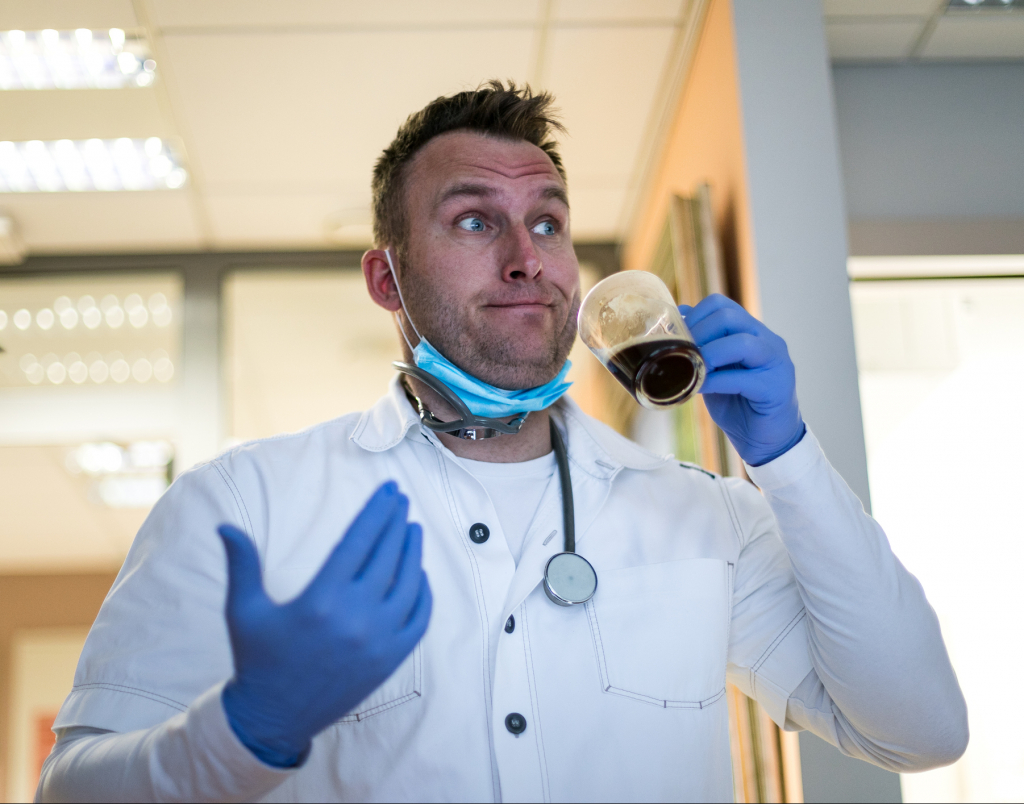How to Avoid Physician Burnout: 3 Strategies You Need to Know

Physician burnout is a growing challenge, particularly in the midst of the COVID-19 pandemic. Burnout can impact your own health and well-being and that of your staff and patients. There are ways to prevent burnout, particularly as you move through the early stages of your new independent practice.
Awareness of the issues involved in burnout is a critical first step. In a survey of primary care physicians and patients conducted by the Primary Care Collaborative, partnering with the Larry A Green Center, the level of burnout among providers was measurable:
- Over 40% of respondents report they are mentally and financially fragile, a level that has persisted over the past 24 months.
- Fewer than a quarter of practices report they are fully staffed.
- One third of clinicians report currently denied and/or seriously overdue payments from insurers and health plans, on top of previously reported and unaddressed financial losses.
- While fee-for-service is dominant within most payment models for primary care, only 21% of clinicians find this form of payment sufficient.
Other results from the survey revealed that physician burnout continues at elevated levels:
- Over a third (36%) still say their level of burnout is at an all-time high
- Over half (53%) say their ability to bounce back and/or adjust to adversity has become limited
- Two-thirds (62%) have personal knowledge of clinicians who have retired early or quit during the pandemic.
Burnout can also frequently result from inefficient primary care electronic health records (EHRs) that are not properly designed for your specific practice needs. Although primary care EHR technology should be designed to alleviate the administrative burden for you and your clinical staff, many systems are not user-friendly for either your team or your patients.
Elation’s primary care EHR solution works with your new independent practice to help restore the joy of practicing medicine so you can grow a rewarding practice and provide the highest quality care for your patients. Learn more here.
The results were not all negative, however, as providers reported increased volunteerism, adding new services to lessen the burden on the health system, and adding new levels of assistance to address patients’ social vulnerabilities. Despite their staffing and revenue challenges, the survey respondents indicated that prioritizing patient needs remained the focus of their primary care practice:
- 69% monitored COVID-19 positive patients at home to prevent use of hospital or specialty care
- 47% added or extended services not usually provided to mediate issues of access to care
- 72% became more involved in mental health support
- 45% volunteered at mass vaccination sites or became public speakers regarding the pandemic
- 33% increased support for patients with food or housing insecurities
- 26% increased offers of assistance for those in financial trouble.
The survey also found that primary care physicians are adapting to be able to meet their patients’ needs in new and creative ways:
- Almost half (47%) of all respondents report adding or extending services not usually provided in order to prevent patients’ use of hospital or specialty care
- A quarter (24%) of respondents report relying on telehealth (either phone or video) for at least 30% of patient visits
- Almost half (49%) say they are motivated to use telehealth because their patients really like it
- 20% of clinicians say lack of sufficient staffing has caused expanded use of telehealth in their practice.
When considering steps you can take now to prevent burnout, focus on some key strategies now that will help your mental and physical health as you move forward with your new independent practice:
- Develop a strong social support network. Social support is a key factor in preventing burnout and improving health and happiness. Strong social relationships can dampen the negative effects of your stress response.
- Find a quality mentor who can guide you through the start-up and ongoing phases of your new independent practice. Mentorship has been proven effective in cultivating professional relationships, building camaraderie, and increasing job satisfaction.
- Take advantage of professional development opportunities and focus on personal interests that give your work more meaning and purpose. Researchers have found that physicians who spend at least 20% of their professional effort on what they find most meaningful had a 50% reduction in their rate of burnout compared to those who spent less time.
